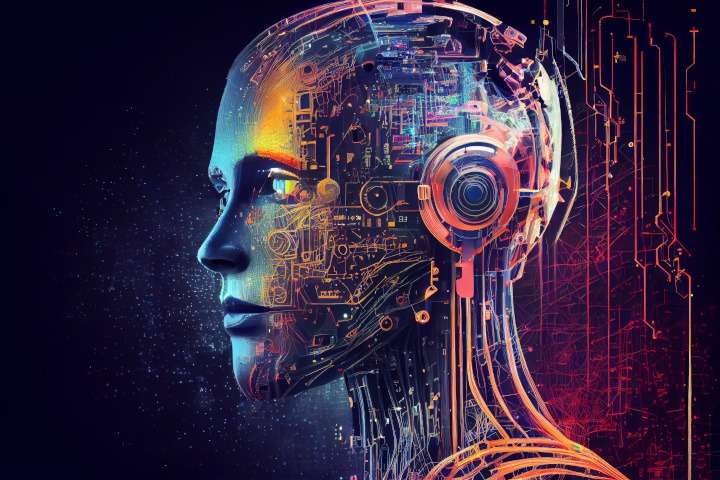Artificial intelligence (AI) is emerging as a transformative force in the modern world, offering unprecedented opportunities for the renewal of developing countries. This revolutionary technological phenomenon opens new avenues for solving complex problems, driving economic growth, and improving quality of life. In this era of rapid progress, developing nations find themselves at a crucial crossroads, where the strategic adoption of AI can catalyze sustainable development and bridge the gap between emerging economies and industrialized nations.
AI in Key Sectors: Healthcare, Education, and Agriculture
Artificial intelligence provides significant advantages for developing countries, particularly in the fields of healthcare, education, agriculture, and industry.
-
Healthcare: AI-driven technologies can improve access to medical care, enabling early disease detection, more effective treatments, and better resource management in hospitals. Telemedicine powered by AI allows remote communities to receive medical consultations, reducing disparities in healthcare access.
-
Education: AI can personalize learning, adapting to individual student needs and strengthening educational systems. Intelligent tutoring systems can offer tailored lessons and real-time feedback, improving learning outcomes. Moreover, AI can help train teachers by analyzing student performance data and suggesting better teaching strategies.
-
Agriculture: AI applications can optimize crop yields, enhance food security, and reduce dependence on traditional farming practices. Predictive analytics can assist farmers in monitoring weather conditions, soil health, and pest control, leading to more efficient and sustainable agricultural practices.
Economic Growth and Job Creation
From an economic perspective, artificial intelligence can drive innovation and productivity, creating job opportunities and fostering business growth. AI-powered automation can help small and medium-sized enterprises (SMEs) optimize operations, reduce costs, and expand their reach to global markets. Additionally, AI can support financial inclusion by improving access to digital banking services, helping entrepreneurs secure funding and manage financial risks.
Challenges and Ethical Considerations
Despite these benefits, AI adoption also raises ethical, social, and political challenges. Issues such as data protection, preventing algorithmic discrimination, and ensuring fair access to AI’s advantages require careful attention. Governments must implement policies that regulate AI deployment while promoting inclusivity and transparency. Furthermore, AI literacy programs are essential to equip populations with the skills needed to thrive in an AI-driven world.
A Balanced Approach for Sustainable Growth
Artificial intelligence represents a major opportunity for the renewal of developing countries. Its potential to transform key sectors of society provides innovative ways to overcome persistent challenges. However, it is essential to adopt a balanced approach, considering the ethical, social, and economic implications of AI integration. By investing in infrastructure, education, and responsible AI policies, developing nations can harness AI’s potential to build a more equitable and prosperous future.
